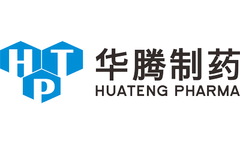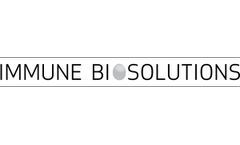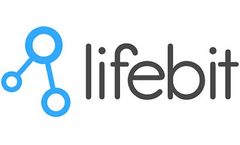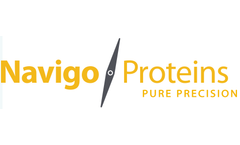Therapeutics Gout Discovery Articles & Analysis: Older
9 articles found
Alfa Cytology has unveiled new services focused on therapeutic antibody development for bladder cancer research.Alfa Cytology, a prominent cancer research services supplier based in New York, proudly announces the launch of its comprehensive services for bladder cancer therapeutic antibody development. This initiative represents a critical advancement in pursuing effective bladder cancer ...
Within the rapidly advancing realm of biotechnology, zebrafish genome editing services are carving a niche, heralding a new epoch in genomics and cellular research. This development is driving innovative research approaches, empowering researchers to create effective models to comprehend complex genetic interactions and responses quickly and efficiently. Zebrafish, also known as Danio rerio, ...
Within the rapidly advancing realm of biotechnology, zebrafish genome editing services are carving a niche, heralding a new epoch in genomics and cellular research. This development is driving innovative research approaches, empowering researchers to create effective models to comprehend complex genetic interactions and responses quickly and efficiently. Zebrafish, also known as Danio rerio, ...
Targeted protein degradation (TPD) is a promising strategy in the field of drug discovery. In recent years, targeted protein degradation (TPD) technology has developed rapidly, especially proteolysis targeting chimera (PROTAC), which is the most representative technology of TPD strategy. TPD drugs are one of the hot spots of new drug development in recent years, especially in the field of ...
Why target GPCRs with antibodies? The G Protein-coupled receptor (GPCR) superfamily represents the largest and single most important family of human drug targets. GPCRs play a central role in a plethora of biological processes and are linked to a wide range of therapeutic areas including cancer, diabetes, inflammation, cardiovascular diseases, and chronic pain. Expressed in every type of cell in ...
What is the Clinical Data Interchange Standards Consortium? The Clinical Data Interchange Standards Consortium (CDISC) is a global, not-for-profit organisation that develops data standards across all the healthcare sector. Founded in 1997, over the last 20+ years CDISC has provided guidance on the transformation of clinical data from incompatible into interoperable formats so that it is usable, ...
ByLifebit
Scientists continuously face pressure to purify biologics like protein therapeutics with maximum yield while minimizing cost and developing processes as quickly as possible. Downstream processing often accounts for more than half the cost of goods overall and significantly impacts manufacturing timelines. Affinity chromatography manages to achieve high purity and yield as well as enabling ...
Researchers at the Children's Hospital of Philadelphia (CHOP) have made a breakthrough in the treatment of aggressive solid cancers, and they have developed a new cancer treatment that targets proteins within tumor cells that are essential for tumor growth and survival, but this has not been possible before. Using the power of large data and advanced computational methods, researchers can ...
Advances in DNA sequencing technology have made it possible to extensively analyze the breast tumor genome and construct a catalog of gene mutations that may initiate or drive tumor progression. In addition to the well-known common mutations in oncogenes (such as TP53 and PIK3CA), breast cancer also contains a variety of rare mutations that have a low incidence in the patient population. Despite ...







